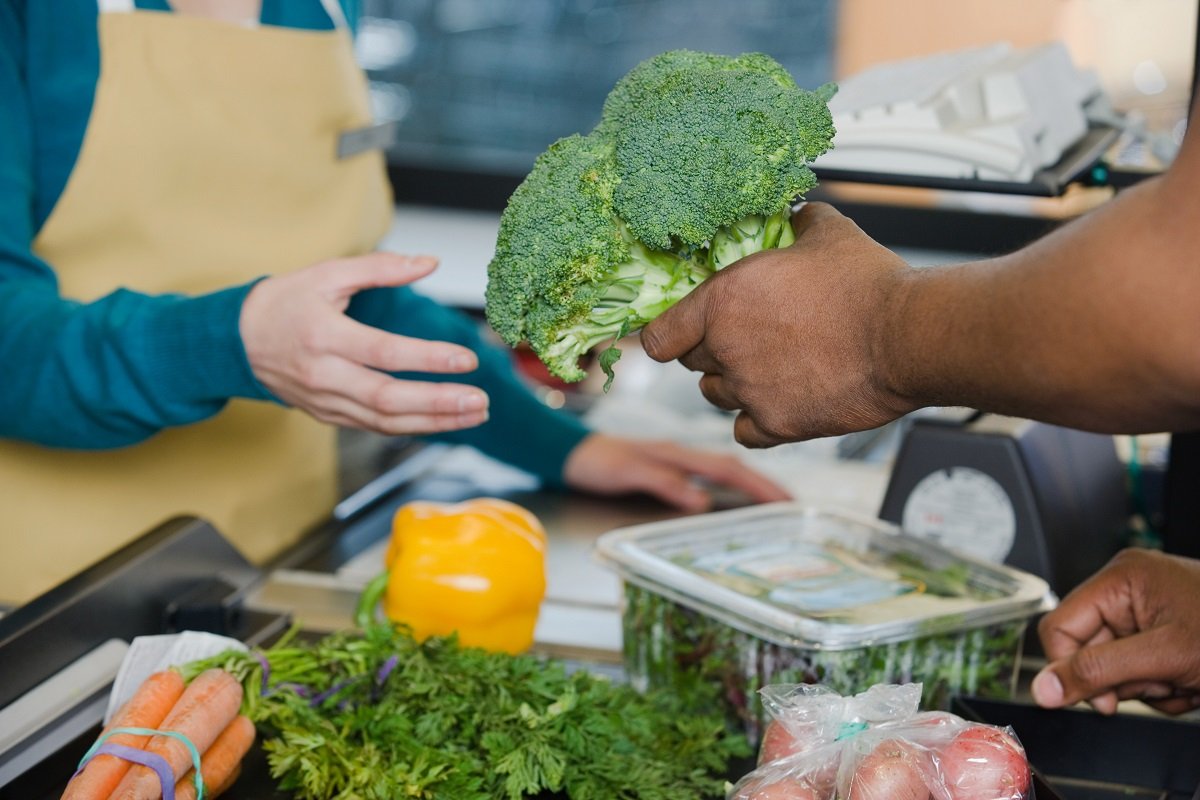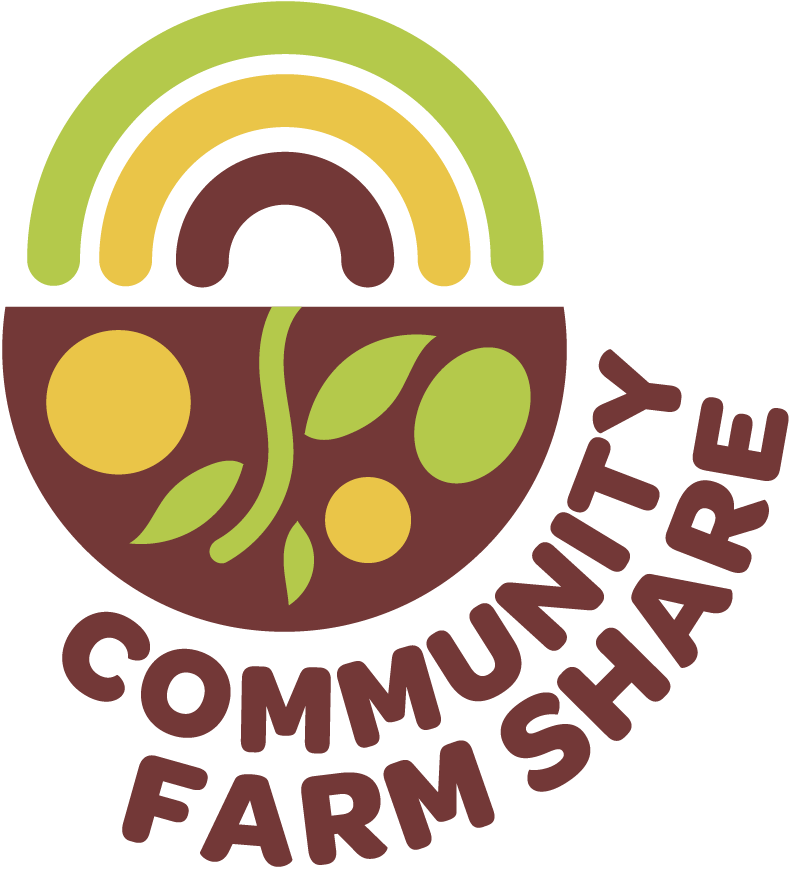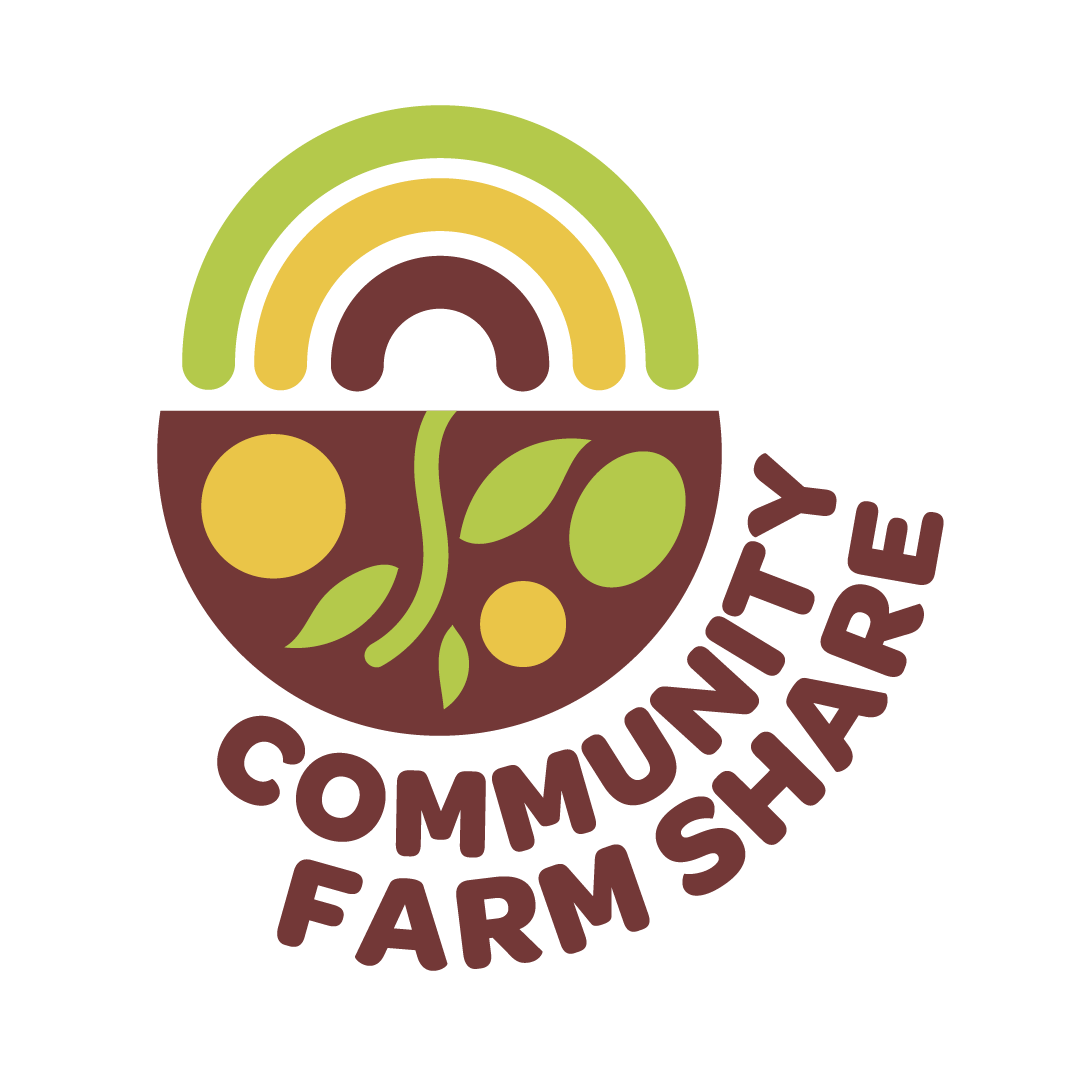
The True Cost of Food
What Does It Really Cost to Put Food on Our Tables?
Food has the power to nourish, connect, and spark joy- but our food system is failing. Many communities struggle to access fresh, nutritious options, and the cost comes in the form of health problems and environmental damage. What can we do about this? Let’s dive in and work towards a more sustainable, and equitable future.
The Hidden Costs of Our Food
The prices tags at the grocery stores do not tell the full story. The Rockefeller Foundation estimated that we are currently paying for $3.2 trillion annually for our food when factoring in health and environmental costs. The True Cost of Food Funds aim to mediate some of the negative impacts, as these hidden costs affect us all, impacting our health, planet and our communities.
Our Health
Many people find it challenging to access fresh, nutrient-rich foods. About 90% of people in the United States are not consuming the recommended daily servings of fruits and vegetables, and cheaper, processed foods often contain harmful additives.
Limited access to healthy food leads to a higher risk of developing diet-related chronic diseases (DRCD) such as diabetes, hypertension, obesity, and heart disease.
Additionally, unsustainable farming practices contaminate our air and water with harmful chemicals, which further jeopardize our health. The practices also strip our soils of nutrients which reduces the amount of nutrients available in the foods we consume.
Our Planet
Over half of Earth’s habital land is used for agriculture, yet only 18% of crops grown are for human consumption
Industrial farming has driven small and medium-sized farmers out of business and is responsible for 26% of global greenhouse emissions. These large-scale operations also consume 70% of global freshwater resources and contribute to soil degradation and erosion.
If we do not change the trajectory we are on, 90% of our planet’s soil could be nutrient-depleted by 2050.
Our Community
In 2023, Capital Area Food Bank found that 27% of households in Montgomery County experienced food insecurity. This means they lacked reliable access to enough food and nutrients.
Families with children, BIPOC members, and people with disabilities are disproportionately affected. Poor urban planning, like placing grocery stores far from marginalized communities and inadequate public transportation further exacerbate the problem.
Creating More Equitable Food Systems
Community FarmShare is committed to making fresh foods accessible for everyone without compromising the health of our planet. Through the True Cost of Funds, Community FarmShare partners with local Food Assistant Provider (FAPs) to raise funds to buy fruits and vegetables from farmers who use sustainable methods. During the campaign, CFS will match donations up to a cap, amplifying the impact that Food Assistant Providers are able to make.
Community
Food Assistant Providers are at the forefront of battling food insecurity, tirelessly working to support households in need. However, obtaining sufficient funding to meet the demands of our communities is a difficult task. The True Cost of Food Funds help bridge that gap, providing FAPs with resources to purchase substantial quantities of locally sourced fruits and vegetables that are essential in combating diet-related chronic diseases. This produce will then be distributed to community members who need extra support and empowerment.
Supporting local farmers through these funds also strengthens our communities. It gives farmers the financial support they need to continue their regenerative practices, promoting sustainability and bolstering the local economy.
Planet
Investing in regenerative agriculture not only supports our local farmers, but also benefits our environment. Regenerative practices are key in carbon sequestration, reducing soil erosion, and promoting biodiversity.
These sustainable methods minimize the usage of harmful chemicals, making our food safer while reducing the environmental footprint. By choosing local produce, we cut down on transportation emissions, further promoting a healthier planet.
Health
Access to fresh produce is crucial in preventing and managing diet-related chronic disease. Ensuring children have fruits and vegetables during their formative years supports healthy brain development and reduces the risk of chronic conditions later in life.
By supporting local farmers who use regenerative methods, we encourage the production of nutrient-rich foods without harmful chemicals. This approach sends a strong messahe to industrial agriculture: we no longer want to support practices that harm our health and pollute our environment.
Join the Movement!
Our Role in Healthier and More Sustainable Futures
Your donations can make a significant difference in the lives of those in our community who are facing food insecurity. By contributing, you’re helping Community FarmShare match funds to support Food Assistant Partner access higher quantities of fresh, locally sourced produce.
Community FarmShare is thrilled to announce a partnership with Food Assistant Providers in Montgomery County to raise over $20,000 to support those facing food insecurity. Your donations will have a triple impact! They will:
Support Local Farmers who use regenerative farming practices,
Enable Food Assistant Providers to buy twice as much fresh produce, and
Help Prevent or Manage Diet-Related Chronic Diseases by providing healthier food options.
Through this partnership, every donation is matched, doubling your impact and extending support to even more families in need. Join us in promoting sustainable agriculture and improving public health. Together, we can make a difference.
Other Ways to Join!
Continue to Learn- One of the most important ways to address the hidden cost of food is to inform ourselves on how and why our food systems came to be.
Spread the Word- Share our campaign with friends and family to raise awareness about food insecurity and its effects on our communities. Your voice can help bring attention to this critical issues and inspire others to take action.
Volunteer: Join us at upcoming events to help distribute fresh produce and support our initiatives. Your time and effort can make a significant difference in the fight against food insecurity







